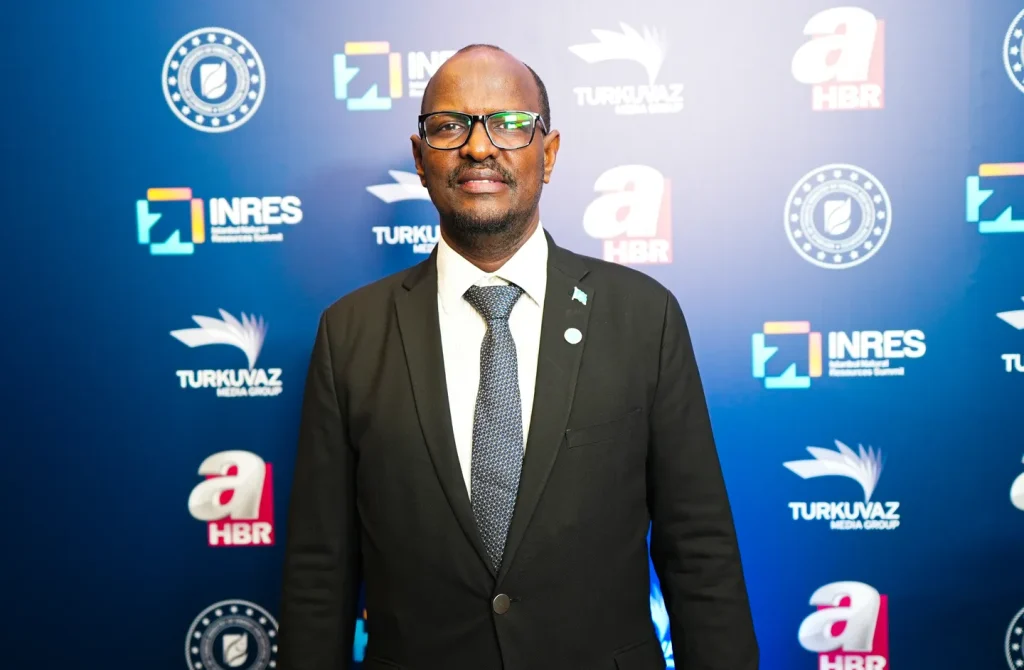Somalia has entered a new phase in its quest to harness its natural resource wealth through a strategic hydrocarbon partnership with Türkiye—an agreement hailed by officials as a major step toward economic revitalization.
Dahir Shire Mohamed, Somalia’s Minister of Petroleum and Mineral Resources, described the collaboration as a timely opportunity to unlock the country’s untapped energy potential. His remarks came during the İstanbul Natural Resources Summit: INRES 2025, a high-level forum that drew global policymakers, energy executives, and financial leaders.
“Somalia has long possessed vast reserves of minerals and hydrocarbons,” Mohamed said. “But years of challenges have left much of it unexplored. This partnership signals a clear shift toward overcoming those barriers.”
One of the key elements of the agreement is the deployment of the Turkish seismic research vessel Oruç Reis to Somalia’s Indian Ocean waters. The vessel is currently carrying out a 3D seismic survey along the Somali coast—marking the first time Türkiye has extended such operations beyond its own territory. The move is considered a milestone in Somalia’s offshore exploration efforts.
“This is a bold and unprecedented move,” Mohamed noted. “Türkiye is the first country to take this level of risk and initiative in supporting Somalia’s natural resource development. We’re hopeful the survey will confirm the presence of commercially viable reserves.”
The Somali government is also pushing forward with domestic reforms to support the sector. A draft mining bill currently before parliament is expected to provide the legal framework necessary to attract foreign investors and guide responsible resource extraction.
“Our focus is on creating a stable and transparent regulatory environment,” Mohamed explained. “Passing this bill will be a turning point, making Somalia a serious player in extractive industries.”
Security remains a major factor in attracting long-term investment. The minister acknowledged that progress in natural resource development must be accompanied by efforts to improve safety across the country.
“Security is essential. No investor will take the risk unless they are assured of safety and stability,” he said.
Somalia’s broader ambition is to join the ranks of oil-exporting nations and integrate into global energy networks. According to Mohamed, the government ultimately aims for membership in major energy organizations and a reliable role in global supply chains.
“Somalia’s future lies in becoming an energy-exporting country,” he said. “With the right partnerships and a clear roadmap, we’re moving closer to that goal.”
In addition to offshore exploration, Somalia has signed an onshore agreement with Türkiye, deepening the cooperation between the two countries. Mohamed expressed confidence that the partnership—combined with new technology and regulatory reform—would pave the way for long-awaited development.
“Somalia has waited decades to reach this point,” he said. “We now have the tools, the partners, and the political will to transform our natural wealth into tangible progress for our people.”
The deal is being closely watched across the region, with many viewing it as a model for how strategic partnerships and legal reforms can help African nations unlock resource-driven growth.



